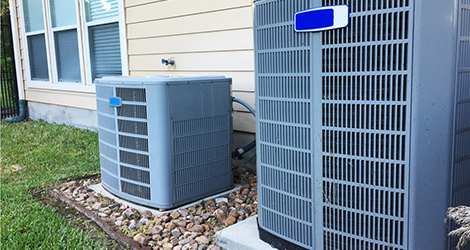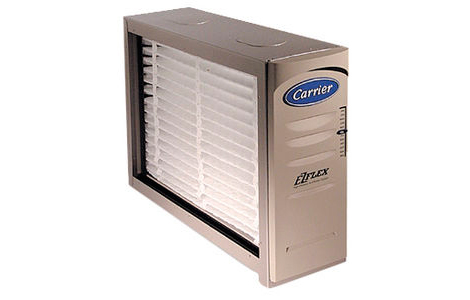Understanding the Impact of Air Quality on Your Health

The air we breathe is one of the most important aspects of our health. We tend to take the air we breathe often be overlooked, yet the quality of the air we breathe can affect our bodies — in the short term as well as the long term. In this blog, we will delve into […]
Tips for Properly Disposing of an Old Air Filter

What are air filters and how do they ensure the air in your home or working place is kept clean Practically speaking, air filters serve to remove pollutants, dust and other harmful particles. When an air filter is dirty or reaches the end of its service life, it will need to disposed, which can cause […]
Some Quick Facts You Should Know About Your Air Filter

Do you remember when was the last time you replaced your house’s air filters? Most homeowners forget about their air filters. You may don’t know but this is one of the most important components that play an important role to provide you with clean and clear air. It is good that you don’t have anyone […]
How To Clean Your Home’s Air Filters For A Healthy House

An furnace is a unit that may not require a lot of maintenance but it is crucial to replace or clean air filters on a regular basis to avoid mold, mildew, and common allergens through forced air systems. There are several types of air filters available in the market. Some of them are disposable which […]
Myths About Air Purifiers You Should Stop Believing

Nowadays, indoor air quality has become the most popular and hot topic, especially during the summer season. Many people spend their time indoors. Due to bad air quality, the demand for air purifiers has increased greatly. The air purifier is a device that helps to remove indoor air pollutants such as dust mites, pollens, pet […]
Why Get Indoor Air Quality Tested

We have all heard about air pollution and also know about global warming. The air pollution problem is not only an outside issue, it is also about indoor air quality. At present, most people spend 70% to 90% of their time indoors. But how often do you think about the air you are breathing? Poor […]
Maintain The Indoor Air Quality This Fall

The fall season is just heading close and it’s time to prepare to keep your interiors warm. Keeping the chilling breeze at bay and maintaining an ideal room temperature and good indoor air quality are a must to ensure overall health and hygiene. HVAC systems are designed to filter and warm the indoor air for […]
Improve Your Indoor Air Quality With An Air Purifier

If you want to breathe in healthy and hygienic air, investing in an air purifier will significantly improve indoor air quality. No matter if you are planning to install it in your home or office space, it boasts impressive health benefits by reducing the potential allergens, smoke, and airborne pollutants. There are many varieties of […]
Features to Consider While Purchasing An Air Purifier

If you will burn through cash on an air purifier, it bodes well that you would set aside the effort to think about various models and brands before settling on a choice. You need to get the most air quality improvement for your dollar, and you are in good company. That is the reason we […]



